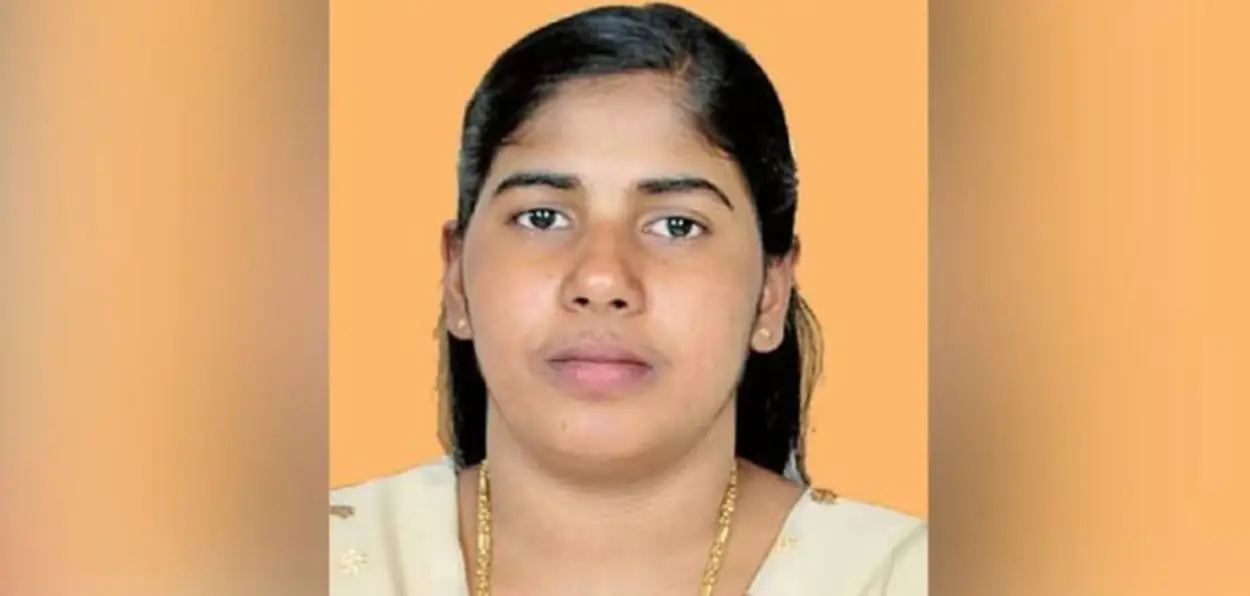
New Delhi
In a major development in the Kerala nurse Nimisha Priya case, her death sentence has now been permanently overturned, according to a statement from the office of the Grand Mufti of India, Sheikh Kanthapuram A.P. Abubakar Musliyar.
The 37-year-old Kerala nurse Nimisha Priya was scheduled to be executed on July 16 for killing her business partner in Yemen, but it was postponed.
According to ANI, On the case of Nnimisha Priya, an Indian national facing the death penalty in a murder case in Yemen, Indian Grand Mufti, Kanthapuram AP Abubakker Muslaiyar’s office says, "The death sentence of Nimisha Priya, which was previously suspended, has been overturned. A high-level meeting held in Sanaa decided to completely cancel the death sentence that was temporarily suspended earlier."
Nimish Priya was convicted in 2020 for the murder of Talal Abdo Mahdi and disposing of his body.
Thanks to the multipronged efforts launched by the Indian government, religious leaders, human rights groups, and Indian expatriates, it was postponed while negotiations with the victim’s family to pardon her for blood money were going on.
Grand Mufti’s office has, however, clarified that it has yet to receive official written communication from Yemeni authorities.
According to a report in the Gulf News, the Yemeni administrative sources have also confirmed the news.
Nimisha was convicted of murder in 2002, and her final appeal for pardon was rejected in 2023.
India's Grand Mufti Sheikh Abubakar Ahmad played a key role in Nimisha’s survival. He had approached Yemen's renowned Sufi cleric Habib Umar bin Hafiz to resolve the matter at the religious level.
The grand Mufti was approached by Kerala MLA Chandy Oommen, who sought his intervention in saving Nimisha when it was close to the date of her execution..
This initiative soon culminated in a high-level meeting in the Yemeni capital Sana'a, attended by the deceased's family, senior Yemeni judges, government representatives, and religious leaders. Following this meeting, Talal's family agreed to consider clemency (diyaa/blood money) and the execution date was postponed indefinitely.
Besides the grand Mufti, people like a Christian evengalist Dr. K.A. Paul, Yemeni Judge Rizwan Ahmed al-Wajri, and the Ministry of External Affairs are putting in efforts to save Nimisha.
In a video message from Yemen, Dr. Paul said that “Nimisha's sentence has not only been suspended but completely cancelled, and the process of her return to India has been initiated, with logistical support from countries like Oman, Egypt, and Turkey.”
The Indian government may be making cautious statements on this matter at the moment, but Foreign Ministry spokesperson Randhir Jaiswal has admitted that the government has maintained legal assistance, consular contact, and continuous dialogue with Yemeni authorities.
He said, "We created an atmosphere for dialogue, but the matter was extremely sensitive." Sheikh Abubakar Ahmed's intervention in this case was not just a religious initiative; it became a living example of a time when a Muslim cleric used both his reputation and influence to save the life of a Hindu woman.
The Grand Mufti of India Sheikh Abubakar Ahmed is no ordinary religious leader.He believes service is the greatest form of religion.
Since founding the Jamia Markaz in Calicut, Kerala in 1978, he has opened 12,000 schools, 600 colleges, provided housing to 18,000 orphans, eset up 70,000 drinking water projects, 4,000 health centres, and is institutions employs 1.35 lakh people.
READ MORE: Izhar Mubashir wins Bal Sahitya Puraskar 2025 for children's literature
The postponement, or perhaps cancellation, of Nimisha Priya’s hanging is not just the story of saving a woman’s life. It marks a point where the confluence of diplomacy, religion, and compassion proves to be more effective than any statecraft.
